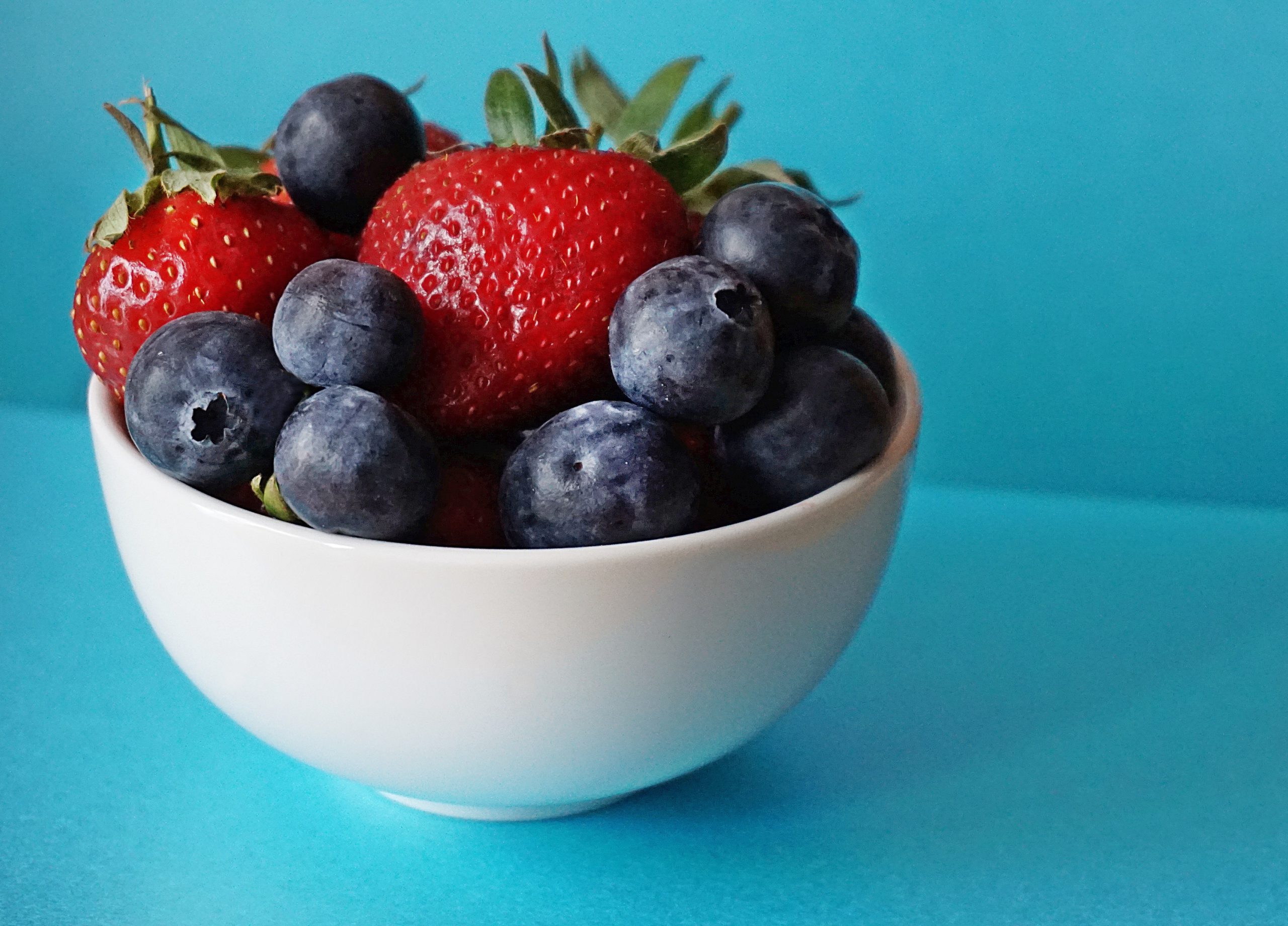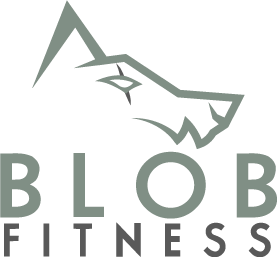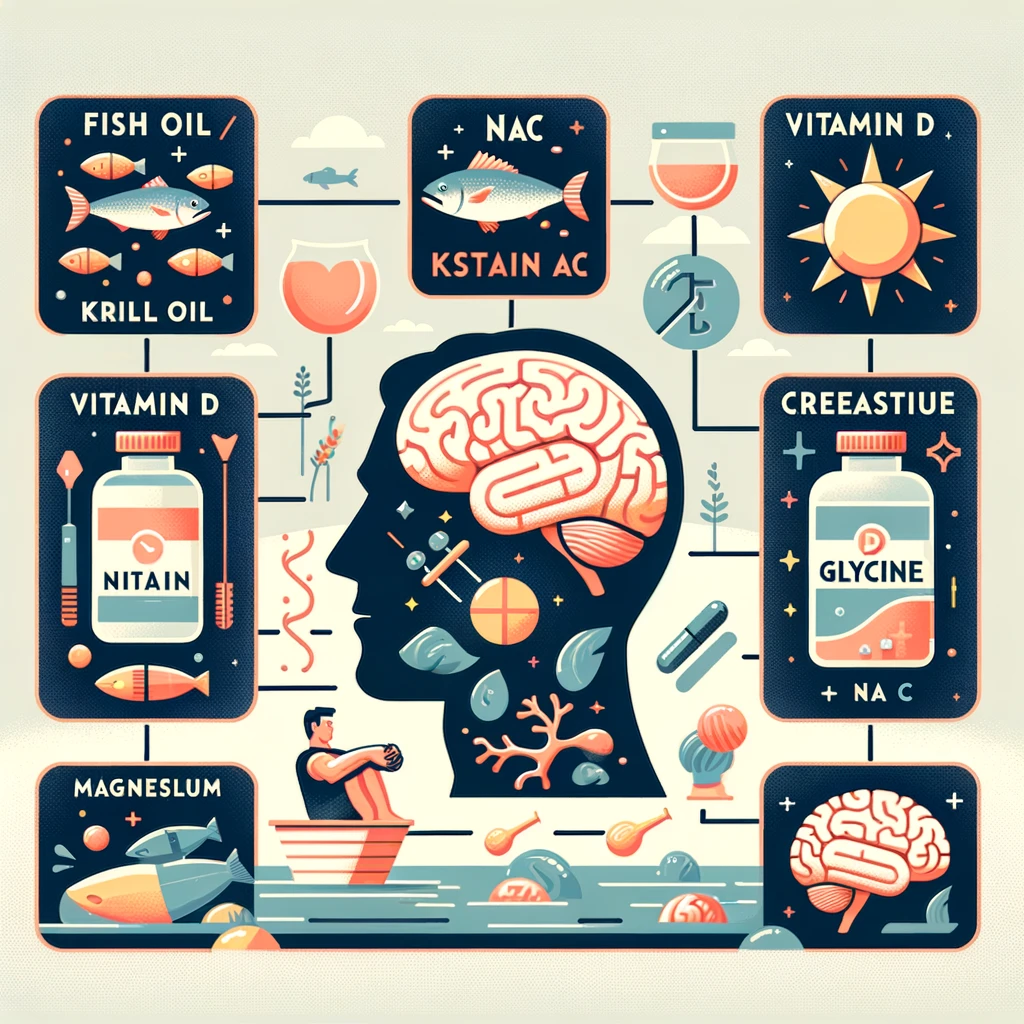
Tracking Macros and Calories is important, but do you need to do it every day? Let's break down whether it's necessary for you to do so.
Get a Free Guide!
Enter your email below to get a FREE guide on How to Track Your Calories and Macros
Similar Posts
How to Properly Stretch to Achieve Flexibility
Learning how to properly stretch to achieve flexibility Is important. Many people suffer from not doing it correctly. Check this article out on how to properly stretch to achieve results.
Supplements to Help With Mental Health
Discover the mental health benefits of supplements like Fish Oil, Vitamin D, NAC, Creatine, Magnesium, and Glycine in our comprehensive guide.
How to Optimally Rest Between Sets
Learning to optimally rest between sets can give you the advantage you need to lift more and make better gains. Discover all the ways to do so.



